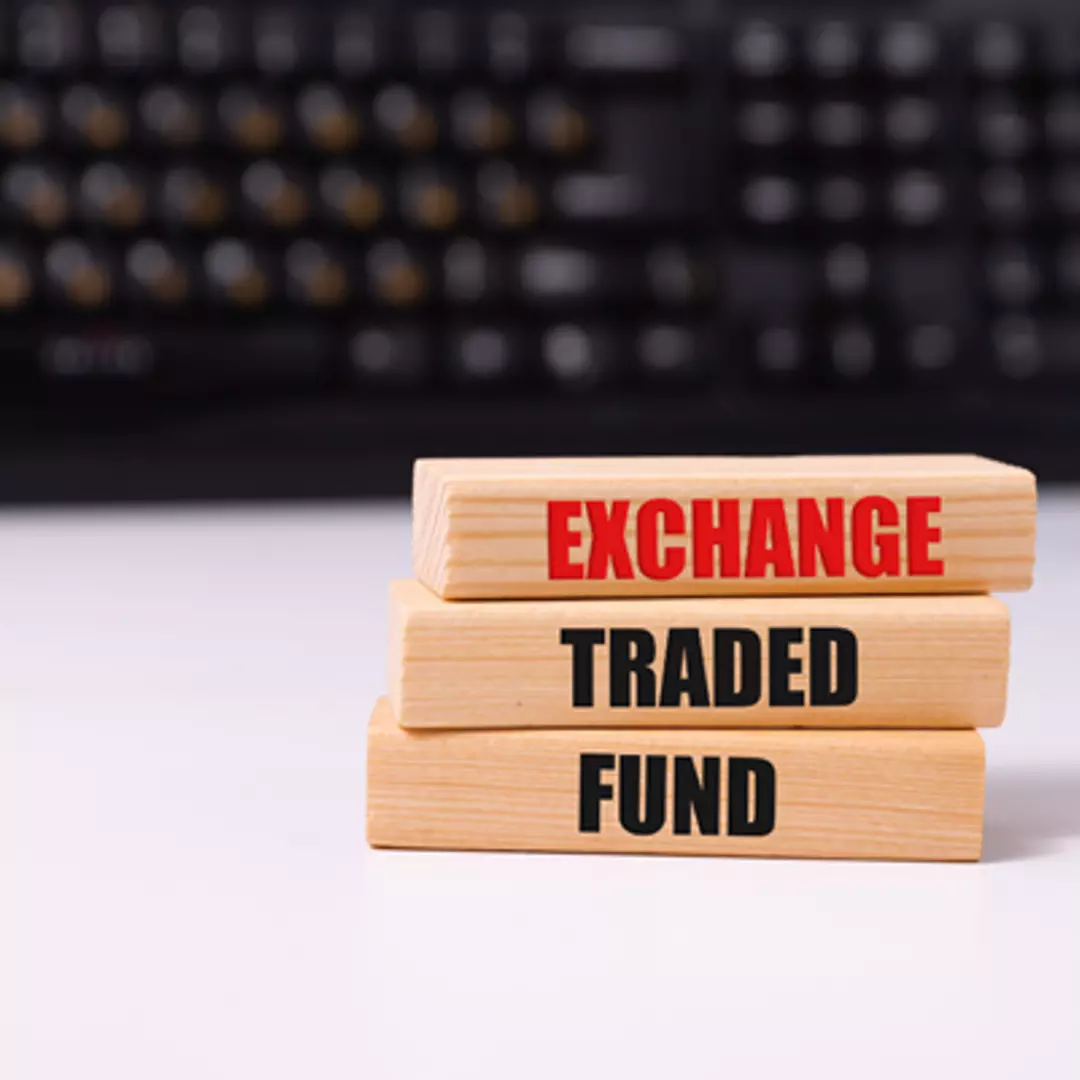If you want to move away from the traditional mutual fund investment choice, you can turn to ETF funds. Mutual funds have been around longer than the Exchange-traded funds. However, more and more people are considering choosing ETF investment. In this article, you will learn more about ETFs and index investing. After reading about the basics of ETFs, you can decide on mutual or index funds investment.
What is an exchange-traded fund?
Before you proceed with ETF investment, let us look into the definition of Exchange exchange-traded fund and how you can invest in it. The ETF or the Exchange-traded fund tracks a particular index, sector, or market and the valuation of other assets. For instance, Nifty 50 ETFs track the Nifty 50 index and aim to replicate it.
While mutual funds pool money from different investors to buy equity shares from different companies, ETF funds can be bought and easily sold on the stock exchange in the same way that company stocks are sold. This fund’s ease of operation and asset management is a major stake.
The ETF fund gives flexibility to the investor to engage in intraday trading and choose from a diverse collection of securities. The good thing about ETFs is that the investment vehicle can be structured as needed for specific investment strategies.
The advantages of Exchange-traded fund investment
The ETFs are called Exchange-traded funds because they are sold and bought on the stock exchange to generate returns. The important thing to keep in mind about the ETF is the changing price of the ETF during the day.
As the ETF is exposed to the stock market, with the market fluctuations, the ETF’s valuation also differs. The advantage that ETFs have is the ease of liquidation. The Exchange-traded funds are highly liquid and cost-effective.
The investor must monitor the market and sell the ETF investments as and when required. Selling at the right time increases the possibility of getting the maximum returns. The ETFs are easy to invest in because they offer a lower cost average to buy the stocks. The buying and selling process of the ETF investment is very simple.
The investor can invest in ETFs from the AMCs website, however, as ETFs are traded on the stock market, investors require a DEMAT account to invest in ETFs. The expense ratio of the ETF is very low, which is beneficial for investors.
Conclusion
A lot of new investors prefer investing in ETF funds. The ease of investment and liquidity are the advantages to look at. The expenses related to ETF management are also very low. The expenses are low because the fund only tracks an index. Because of the low cost and high returns of an ETF, you may make a lot of profits through such funds.












